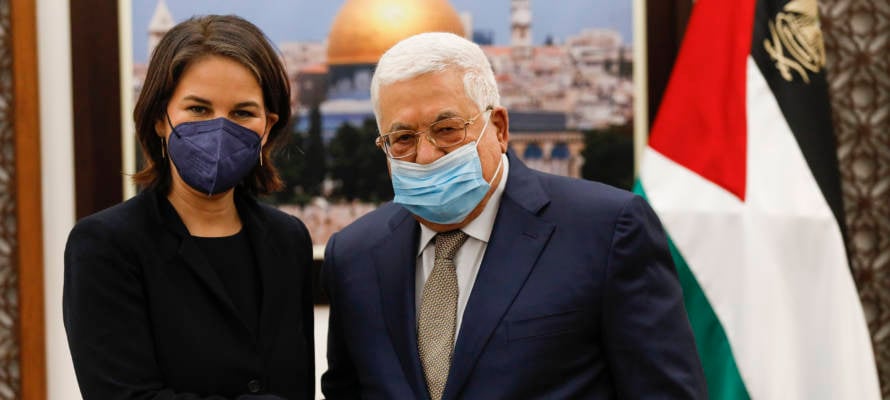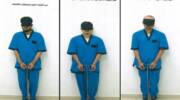The Berlin public prosecutor’s office said it would not investigate Palestinian Authority leader Mahmoud Abbas for claiming Israel had committed “50 Holocausts.”
By JNS.org
The Berlin public prosecutor’s office has decided not to pursue a case against Palestinian Authority leader Mahmoud Abbas for his Aug. 16 remarks downplaying the Holocaust, German newspaper Bild reported on Tuesday.
In a two-page letter made available to the German daily, the public prosecutor’s office said it would not investigate Abbas despite a complaint from Berlin’s Mike Delberg, himself a grandson of Holocaust survivors.
According to the public prosecutor, “There are ‘insufficient indications’ for criminal liability under Section 130 (approval, denial and trivialization of Nazi crimes).”
Abbas’s sole aim was “to highlight what he believed to be the crimes committed by the Israeli army and to point out their injustice, while attempting a historically extremely inappropriate comparison,” it continued.
Trivializing the Holocaust is a punishable offense in Germany.
In late August, Berlin police opened a preliminary inquiry into whether Abbas broke German laws when he claimed Israel had committed “50 Holocausts.”
Abbas’s statement, made during a press conference with German Chancellor Olaf Scholz, was in response to a question about whether he would apologize for the massacre of 11 Israeli coaches and athletes by Palestinian terrorists during the 1972 Summer Olympics—as the 50th anniversary of the event approached.
“If we want to go over the past, go ahead. I have 50 slaughters that Israel committed … 50 massacres, 50 slaughters, 50 holocausts,” Abbas told reporters.
Scholz condemned the P.A. president’s remarks later that day, tweeting, “I am disgusted by the outrageous remarks. … For us Germans in particular, any relativization of the singularity of the Holocaust is intolerable and unacceptable.”
Pro-Israel groups also criticized the Palestinian leader.
Abbas walked back his remarks the next day, calling the Holocaust “the most heinous crime in modern human history.”























